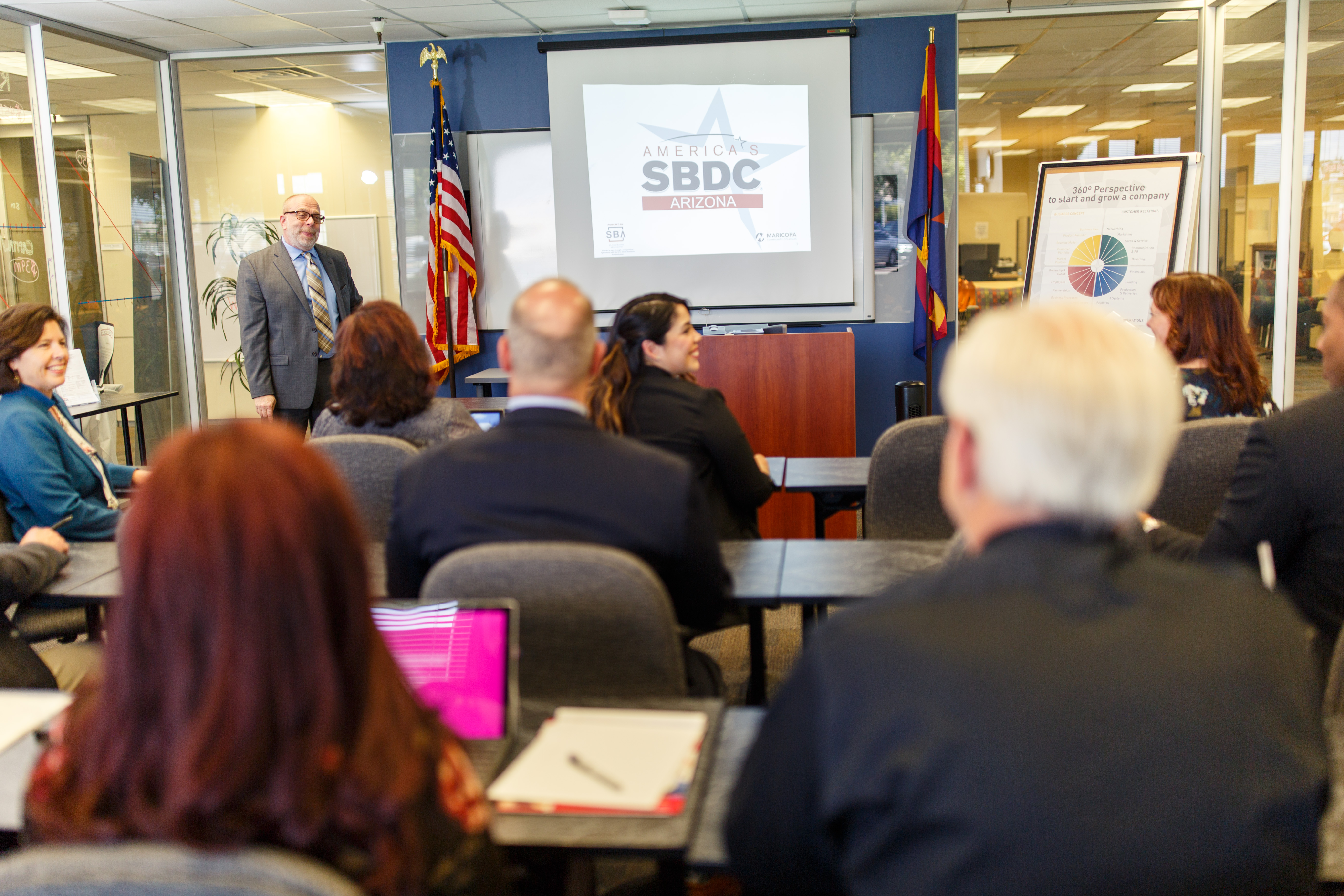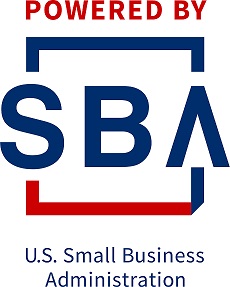All businesses need money like all humans need food. Money feeds a business allowing it to grow. However much like food, our culture can distorts the way we think about money and ourselves.
If money is like the food, then Phoenix business community has an eating disorder, and it is called venture capital.
Our headlines read about the glamour of venture capital. Glossy images of Telsa-driving, 25-year-old people from California serve as the model we hold up as an ideal. Our resources focus on practicing to adhere to the investor model. In order to be part of the largest, most glamorous events, we have learned to talk about venture capital as the gold standard. New business owners are not given the opportunity to ask “Is this my natural shape, or is looking for investors good for my business?” without being instantly rejected as not worthy of our time and support. Those that are not willing to try to fit the model are dismissed as somehow less valuable. Most of the people who know they will never be the standard, are being left out of the discussion.
Much like model thin, there is dark reality behind investor capital. First, the numbers show that very few businesses fit into the model of investor capital. And yes, I am talking to you, tech kid. Before you disregard what I am saying as the complaining of a fat kid who wasn’t invited to the party, you should know that getting investor capital requires proof of concept, seed funding mainly from friends and family, and the ability to rapidly scale with the goal being to sell within so many years. What I am saying is that your friends are focusing on being on the cover of Vogue before we know if you can take a picture.
Investor capital represents a very small portion of capital for small business. Of that very small portion, less than 14.4% of the 2015 capital raised went to women led firms and 22% went to minorities (2016, Center for Venture Research) despite consistent research that women led firms and teams with diversity out perform their counterparts (Techstars, 2016). Currently the majority of Arizona’s population is women and minorities and they currently represent the fastest growing entrepreneurial populations as well (Census, 2012).
In addition, if you are one of the select few who reach the glamour standard of thin, no money comes without a cost. You are now limited by the pressures of being that standard and are constantly fighting to stay, well, thin and beautiful. This option works from some but we must have an open conversation about the cost instead of assuming it is a strategy that everyone should strive for.
Most importantly, we have to think about how our focus on venture capital affects the overall health of our ecosystem. As an emerging ecosystem full of new impressionable business owners, we need to think about how we glamorize venture capital through our headlines, panels and focus of our leaders.
Because the question is, what is the cost of our obsession?
My concern is business owners who sit in front of me every day. Good people who don’t realize how the culture they are building a business in, is affecting their approach. They are unaware about how to have a healthy relationship with capital. They jump into our ecosystem, work on their pitch, put together a BMC, and are under the impression that once they get a good idea, investors will give them money. Why? Because that is what we tell them to do. We are creating businesses focused at the wrong thing — chasing funding and getting advice from mentors focused on funding instead of feedback from their clients. And what about all the other business owners with great innovative ideas and the resources? They will make our future stronger but are not participating in our ecosystem because they don’t fit in to the investor model.
How we talk about money and business matters; our culture of entrepreneurship matters.
We need to have honest conversations and think about how our focus affects all business owners, including technology startups. We need to ask if our focus on investor capital is really creating strong sustainable businesses or is it creating pitching machines focused on investors instead of clients?
People will never pay you for ideas. Investors are looking for a team that solves a problem and builds a healthy business around solving that problem. It takes working out, eating healthy and reframing the way we think about our self-image.
Yes, we need more venture capital investing in Phoenix. Again money is needed for any business to survive, but we need to be aware how our focus on investor funding is shaping our ecosystems. Before all of our conversations become about being California thin, let’s become Arizona strong.




